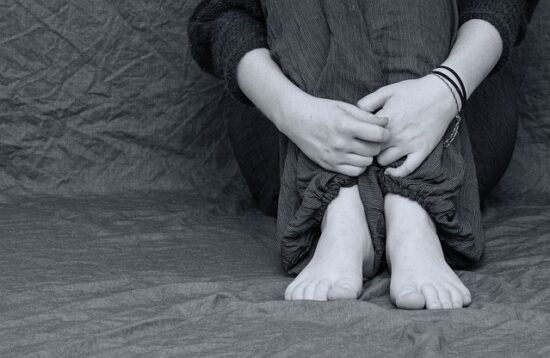Global consumption of antidepressants (AD) has increased dramatically in the last two decades, with Europeans the largest consumers.
The use of antidepressants increased by almost two and a half times from 2000 to 2020 in 18 European countries, according to data from the Organization for Economic Co-operation and Development (OECD).
OECD data also shows a dramatic increase in anxiety and depression during the COVID-19 pandemic. Do happier countries use less AD drugs? How do researchers explain the apparent increase in antidepressant consumption?
OECD data demonstrate consumption of defined daily dose (DDD) of “N06A-Antidepressants”. This group “includes preparations used in the treatment of endogenous and exogenous depressions”, according to the World Health Organization (WHO).
The average consumption of antidepressants in 18 European countries was 30.5 DDD per 1000 people per day in 2000 rising to 75.3 DDD in 2020, an increase of 147%.
The Czech Republic recorded the highest growth at 577 percent, while it grew by only 38 percent in France, making the change in these countries the lowest between 2000 and 2020, albeit from a relatively high level.
It grew by 304 percent in Portugal, 256 percent in the United Kingdom, 208 percent in Spain and 200 percent in Germany over the same period.





